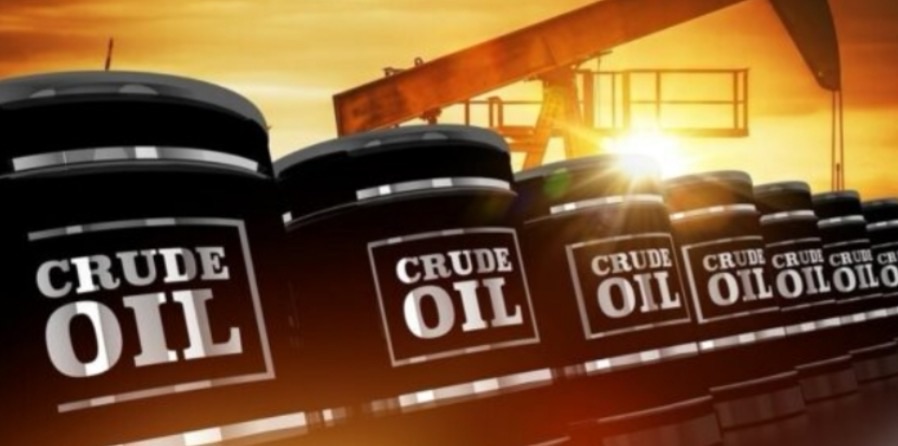
Nigerian crude oil is trading at $71.4 per barrel, even as global benchmarks Brent and West Texas Intermediate slipped to around $67 and $63.4 respectively. The price level highlights persistent volatility in the energy market, ahead of a crucial OPEC+ meeting this Sunday that could see fresh production increases.
Since April, the producers’ alliance has raised supply quotas by about 2.5 million barrels per day, equivalent to 2.4% of global demand. But prices remain supported by geopolitical pressures, including sanctions on Russia and Iran, and by member nations’ struggles to meet output targets.
Sources say the group is now considering unwinding a further 1.65 million barrels per day in earlier cuts, potentially adding more crude to the market before year-end.
For Nigeria, the stakes are high. The federal government’s 2025 budget is based on an oil price benchmark of $75 per barrel. Current levels leave a revenue gap, though prices above $70 still provide a measure of stability compared with earlier dips.
Industry watchers warn that a fresh OPEC+ supply boost could put downward pressure on prices, tightening Nigeria’s fiscal outlook. Still, the country’s flagship grades such as Bonny Light continue to attract steady demand, offering some cushion against global uncertainties.
